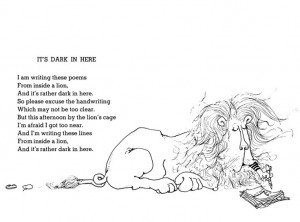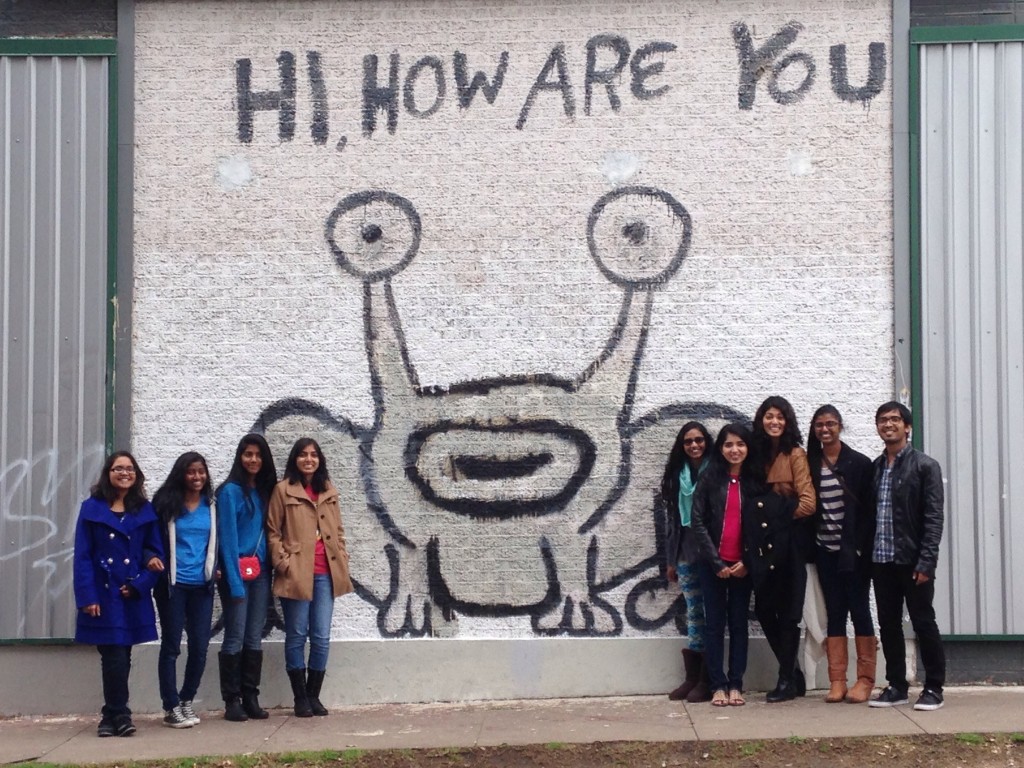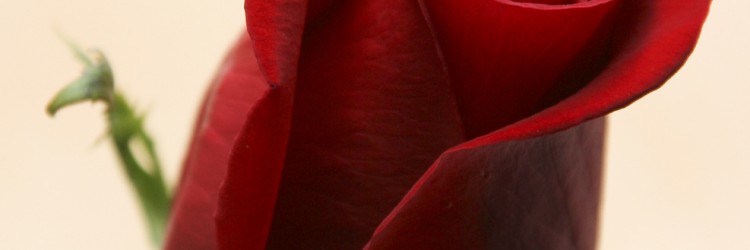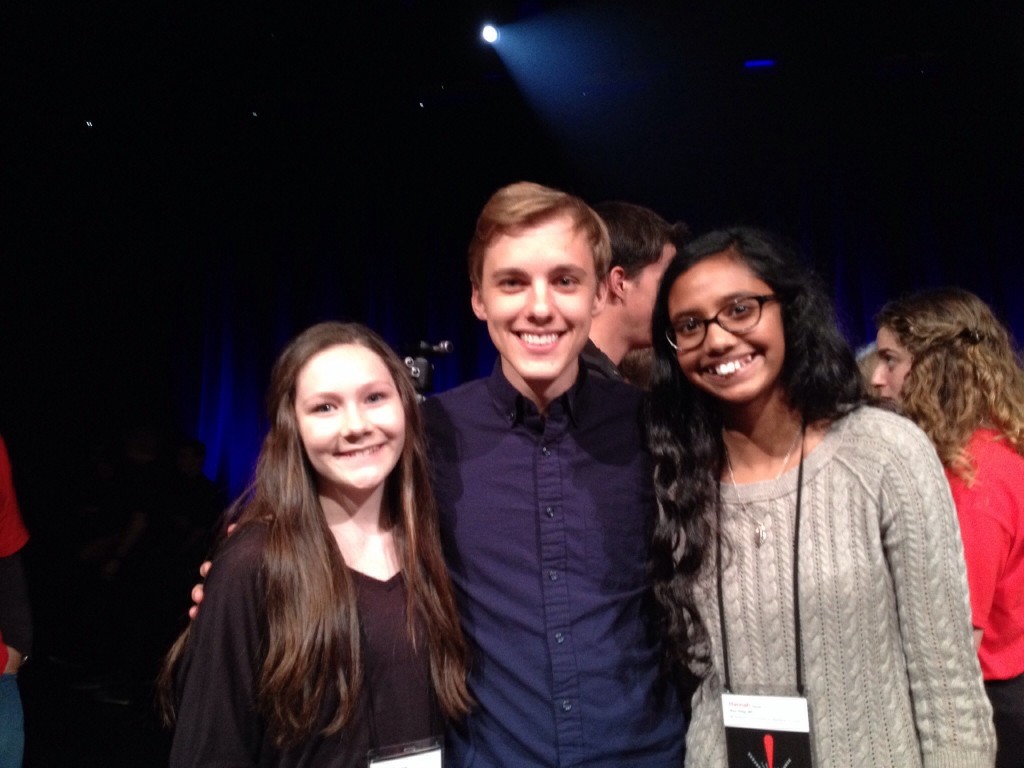Okay, so before I get into things, SPOILER ALERT. I REPEAT: SPOILER ALERT. Now that that’s over with, I’ve been doing a lot of thinking about “The Fault In Our Stars.” It’s my favorite book, and has been ever since last summer, when I first read it. My older sister had just finished reading it, and just kept walking around the house saying,” UGHHH Augustus Waters…” So me, being me, decided to find out about this so called, “Augustus Waters.” And so it began.
Of course, being “The Fault In Our Stars” and all, the demand was high and supply was low. I had it on hold in my local library, but I couldn’t wait for a whole three weeks, so I got a little crazy. What can I say, desperate times call for desperate measures. I couldn’t wait to get pulled into a world with Hazel Grace Lancaster and Augustus Waters. Even Patrick seemed interesting to me. It was a John Green book, and that just added to the list of reasons why I should read it. I looked it up in Google, and low and behold, “The Fault In Our Stars” was there in big bold letters, with a little PDF symbol next to it. Well, if I’d only known that this book would do what it did to me, maybe I would’ve rethought. But in the end, I mean, come on, it’s “The Fault In Our Stars,” like how can you not read it. But I digress. So I get the book and I sat there for about 5 hours, hoping the end would never come.
What’s so endearing to me about “The Fault In Our Stars” was that there wasn’t a fairytale ending. The world is not a wish-granting factory. “The Fault In Our Stars” was a book about dyi, not even really a book about cancer. Because, after all, everything is a side effect if dying. Depression is a side effect of dying, grief is a side effect of dying, and cancer is a side effect of dying. We don’t get to choose the number of our days, but we do get to choose how we spend the days we do get. Augustus Waters had the more positive, optimistic outlook on life, and he doesn’t let the fact that he’s slowly dying get to him until his cancer reappears. Being as metaphorical and curious as he was, he also knew that everything was a side effect of dying, not the other way around. He had his own metaphor with his beloved unlit pack of cigarettes. “You put the killing thing right between you teeth, but you don’t give it the power to do its killing.” After this, I pondered the meaning of life with Augustus Waters, hanging on to his every word and figuring out all the hidden meanings and connections. Even when he was dying, he found a way to be a joy to all the people around him. Yeah, he complained sometimes, he stated over and over again how it sucked, but he never turned into a rude and annoyed human being. He never turned into a Caroline.
“The Fault In Our Stars” has really opened my eyes to the side of the actual dying person. Sure, they appreciate all the condolences, but it gets kind of tiring sometimes. Hazel Grace talks about how happy she was when that little girl just straight up asked her what her oxygen nubbins did at the mall on her half birthday. She talks about how she wishes everyone was like that, just asking her what they were rather than staring at her. About how nice that was. About how most people didn’t even come near her as if her cancer was contagious. And when I think about it, I can’t say that I don’t do that. Whenever I see someone that’s not like the majority of people, instead of treating them like any other person, my eyes are immediately drawn to their imperfections, and that’s something that many people do. Instead of focusing on the good this, people always prey on the bad things, or just things that aren’t like everybody else. But not everyone is the same, and not everyone has someone who completely understands, and that pretty much sums up Hazel Grace, until she meets Augustus.
Everybody wants to make a difference in this world, or leave their mark. The thing that hit Augustus the most when he found out he was dying, and soon, he realized that he would never get his chance to leave his mark on the world. Hazel doesn’t want to get too close to anybody because she believes that she will be a grenade, just blow up after she dies and hurt everyone around her. So while she was friendly, social, popular, after she got her cancer and found out she would die pretty soon, she shut everyone out. Augustus Waters was friendly, nice, popular, and loved hanging out with friends. He knows that his cancer is an obstacle, but he believes that his life doesn’t revolve around his cancer. He just wants to do something for the world, something spectacular, something heroic. So when he finds out that that won’t happen, it’s a really big blow. I have never really appreciated and given people with sicknesses as much credit as they should get. They are working so hard, their bodies and minds are tired, and they still have the choice to have a positive or negative outlook on life. One of my best friends’s sister got diagnosed with cancer, and not once did she ever say anything or complain. I was only 7 when she died, and it hit me hard. At the age of 21, nobody deserved to die, especially not one of the most amazing people I have ever met. Our families are very close, so we visited her often. Every single time she offered a smile and hug, while so many people out there had already given up. But we don’t get to chose the number of our days. The world, as big as it is, is not a wish granting factory.
When Augustus Waters has his pre-funeral and asks Hazel to write him an eulogy, Hazel realizes that she wasn’t the grenade, Gus was. That any day now, one of the only people she actually cared about would be gone forever. When Augustus dies eight days after his pre-funeral, Hazel realizes that after all those time when she went to the doctor and the nurse asked on a scale of one to ten how much pain she was feeling, then, and only then was the big ten. She sits there, just feeling the tidal wave of the ten come crashing over her, again and again.
After reading and finishing “The Fault In Our Stars,” I realized how much of an actual genius John Green really is. I realized that the world is not a wish granting factory. I learned that we don’t get to choose who we hurt, but we get a say in who hurts us. I learned that we need to live everyday as if it was our last. I learned that the marks humans leave are too often scars. I learned that the fault was not in ourselves but in the the stars.





